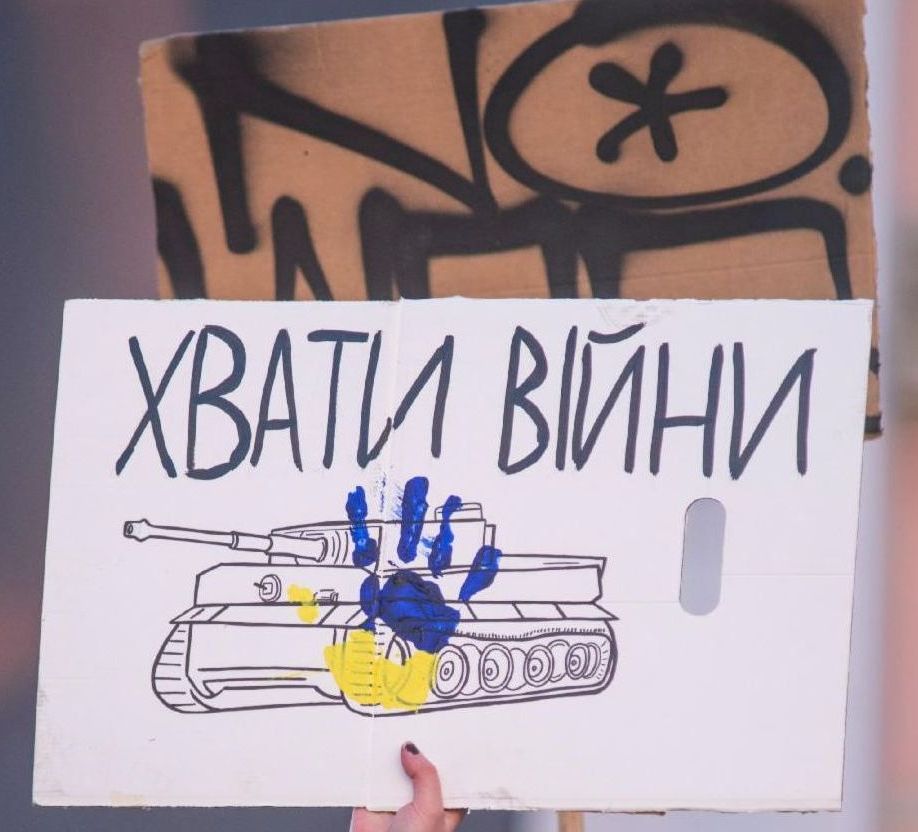The Work of Our Hands

This Dvar Torah was written by Rabbi Laila Haas,
CAJE’s Director of Adult Learning & Growth.

Photo by Edoardo Ceriani on Unsplash
This Shabbat we read Parashat P’kudei, containing the final verses of the Book of Exodus. The Exodus narrative takes us on an incredible journey from bondage in Egypt to the experience of revelation at Sinai and the transformation of the Israelites to a people committed to a life guided by Torah and walking in G!d’s ways.
The concluding chapters are devoted to the Israelites building the Mishkan (Tabernacle), the portable dwelling place of G!d.
Once completed, Moses inspects the Mishkan and blesses the people for their efforts.
The midrash teaches that the blessing Moses recites is:
“May it be G!d’s will that G!d’s Presence rests in the work of your hands.” (Sifre Bamidbar 143)
While in Egypt the Israelites were ordered to build structures honoring the Pharaoh and their hands were forced to construct places for other people to worship, enjoy, and live. By the end of the Book of Exodus, the Israelites use their hands to create a sacred space, because their hearts so moved them, to invite the Divine to dwell amongst them.
Hands that were once blistered from the harsh conditions of slave labor, carried within them the precious gems, gold, acacia wood, and other fine materials used to adorn the sacred space. The same hands, scared from bondage, molded and shaped a space of holiness.
Judaism teaches that each of us has the ability to elevate from the mundane and access the realm of the holy by transforming our thoughts, directing our hearts, uttering words of prayer and engaging in actions that invite the presence of G!d.
We watch with heavy hearts as the crisis in Ukraine escalates. We pray for the people of Ukraine as they defend their country against Russian invasion.
This week a powerful video of Ukrainian Jews in a synagogue circulated on social media. Men dressed in fatigues with their tallitot draped around them were engaged in prayer. The rabbi held the Torah tightly serving as its shield, while in the background the sounds of war grew louder and louder.
In the midst of battle they gathered together in their synagogue, their Mishkan, singing the words of our tradition, ascending to the realm of the holy, inviting the Presence of the Divine.
There is power in knowing that during times of challenge, uncertainty, fear and darkness, we have the ability to create spaces of holiness to look inward, listen intently to that still small voice, and feel a sense of rootedness bringing comfort and strength.
Holiness is not just a concept; it is a sacred construct we create with our hands, heart and entire being.
Rabbi Jonathan Sacks z”l, taught:
“The word Shechinah, Divine Presence, comes from the same root as Mishkan (Tabernacle). Thus, the Divine Presence lives in the work of our hands. The simplest human act, if done for the sake of G!d, has more sanctity than the holiest of holy objects. It is not objects that are holy. It is human action and intention in accordance with the will of G!d that creates holiness.”
May the words of Parashat P’kudei inspire us to carve out spaces of holiness with our own hands and be among those who work to bring light into a darkened world.
Oseh Shalom Bimromav -- May the One who creates peace on high bring peace to us all, to the People of Ukraine, and a sense of tranquility to all those suffering on this Shabbat.
Upon the completion of a Book of Torah we recite the words: Chazak Chazak, v’Nitchazek, Let us be strong, let us be strong and let us strengthen one another.
Ken Yehi Ratzon - May it be so!
Shabbat Shalom






